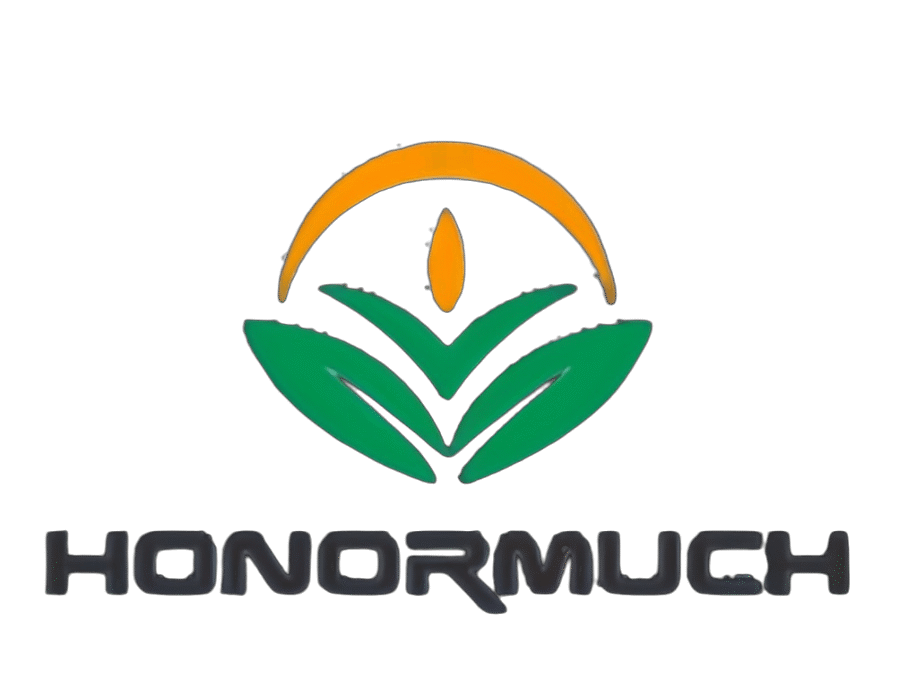Advantages of acidic silicone sealants
Advantages of acidic silicone sealants
Acidic silicone sealant (also known as acetic acid silicone sealant) is a very common and widely used type of sealant. It has some significant advantages due to its specific chemical properties, but it also has certain limitations (mainly corrosiveness to certain materials). Its core advantages include:
Excellent bonding strength (especially to non-metallic materials):
This is one of the most prominent advantages of acidic sealant. It has extremely excellent initial and final bonding strength to materials such as glass, ceramics, enamel, tiles, and aluminum alloys (after anodizing).
After curing, it forms a tough silicone rubber elastomer, providing a strong and lasting bonding and sealing effect.
Fast curing speed:
Acidic sealants usually cure faster than neutral silicone sealants (such as ketoxime type and alcohol type). Its surface crusting (surface drying) time is shorter, and deep curing is relatively faster.
Advantages: This can improve construction efficiency and shorten waiting time, which is particularly beneficial for projects that require rapid positioning or rush deadlines.
Good weather resistance and aging resistance:
Inherits the excellent properties of silicone sealants. It can resist ultraviolet rays, ozone, extreme temperatures (usually in the range of -50°C to +150°C or even higher) and rain and snow erosion.
Advantages: It is not easy to turn yellow, crack, powder or lose elasticity when exposed to outdoor environments for a long time, and has a long service life. It is suitable for doors and windows, curtain walls, outdoor caulking, etc.
Excellent flexibility and elasticity:
After curing, it forms a highly elastic rubber body, which can effectively absorb and compensate for the displacement and stress of the bonded materials due to thermal expansion and contraction, wind load or slight vibration.
Advantages: Reduce the risk of cracking of the glue seam due to displacement and maintain the integrity of the seal.
Good high and low temperature resistance:
It can maintain its physical properties (such as elasticity and adhesion) in a wide temperature range without becoming brittle or overly softened.
Advantages: It is suitable for environments with large temperature differences, such as kitchen stoves, cold storage, and around car engine compartments (pay attention to material compatibility), etc.
Relatively low cost:
Compared with neutral silicone glue (especially special purpose neutral glue), acidic silicone glue usually has lower production cost, so the market price is more competitive.
Advantage: It has economic advantages for cost-sensitive application scenarios suitable for acidic glue (such as ordinary door and window glass installation, bathroom sanitary ware installation).
Good mildew resistance (some products):
Many brands of acidic silicone glue will add mildew inhibitors to make it have good mildew and algae resistance.
Advantage: It is particularly suitable for sealing in humid environments where mold is easy to grow, such as kitchens, bathrooms, shower rooms and other areas.
Important precautions and limitations (related to its “acidity”):
Corrosiveness: Acetic acid is released during the curing process. This can corrode, contaminate or weaken the adhesion of alkaline or porous materials such as certain metals (such as copper, brass, lead, zinc, galvanized steel, mild steel, iron), concrete, marble, limestone, sandstone, natural stone, etc. It must not be used for these materials!
Pungent odor: The released acetic acid has a distinct pungent odor (vinegar smell), and good ventilation must be ensured during construction.
Material compatibility limitations: The scope of application is limited by its corrosiveness, and it cannot be widely used on all substrates like neutral glue.
Summary:
The core advantage of acidic silicone sealant lies in its super strong adhesion to non-metallic materials such as glass and ceramics, fast curing speed and relatively low cost, while maintaining the inherent excellent properties of silicone glue such as weather resistance, aging resistance, and high elasticity. However, the corrosiveness brought by its acidity is its biggest limitation, which strictly limits its scope of use. When choosing, it is necessary to ensure that the bonded materials are compatible (mainly glass, ceramics, anodized aluminum, etc.). For materials such as metal, stone, and concrete, neutral silicone sealant should be used.

